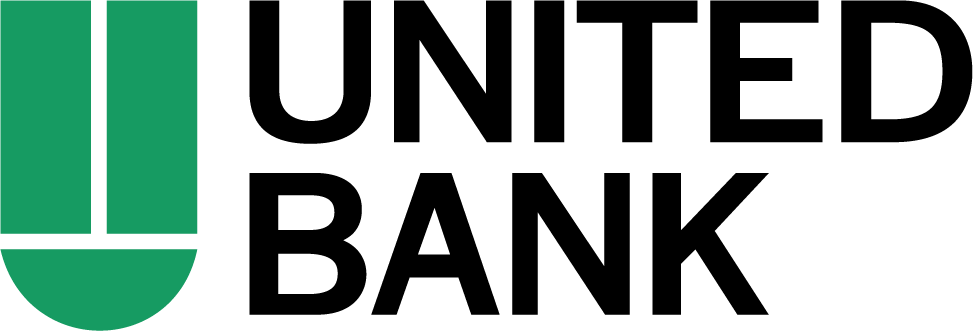Regan Lonchena, Esquire, Director of Advanced Planning and Trust Legal Counsel at United Bank, advises, “Start the conversations about estate planning early with family members. This doesn’t mean you have to share all the details about your assets or your family’s wealth during the initial conversation, but start to build trust and comfort early around this topic.”
Also, keep in mind that women today are more likely to be single due to divorce or the decision not to marry. Even if you are married, more and more women are taking full ownership of their family legacy plans. Lonchena notes, “If you are married, this can have an impact on your plan and may limit your ability to decide the disposition of certain assets. We encourage our clients to discuss their plan and goals with their spouse, especially if they are named as the Personal Representative or Executor under the client’s will. Often in a marriage, there are assets that are jointly titled, and this can impact the flow of your plan. In certain states called ‘community property states,’ the state law can have an impact on the passing of your assets. These are the types of complexities involved in this process that may make it beneficial to work with an experienced estate planning attorney.”
Before working with attorneys who specialize in estate planning, a good first step is to consult with United Bank’s United Wealth Management team, whose advisors can help guide you through every step of the estate planning process. Working with the team at United Bank Wealth Management gives you access to a multidisciplinary team with substantial years of experience. And our low client to advisor ratio allows you to have the highest level of service from our team.



